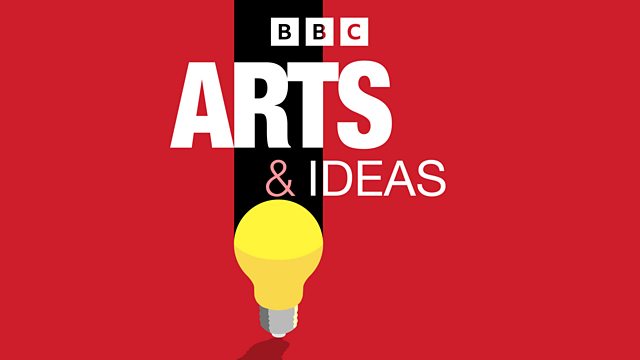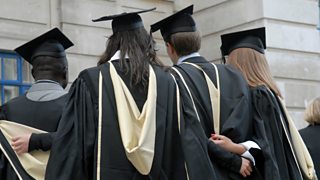New Thinking: What language did Columbus speak?
John Gallagher and guests look at language during the Age of Exploration, including the enigmatic lingua franca, a bridge used when peoples from different countries met.
Christopher Columbus spoke to lots of people: his family and kin in Genova, merchants in Venice, royalty in Madrid, the crew of his ship, not to mention the people he met on the other side of the Atlantic. Today, we would consider this a case of multilingualism. But is that how Columbus would have seen it? What language did he think he spoke himself? In the same period a pidgin language developed to allow linguistically diverse communities in the eastern Mediterranean and north Africa to carry out trade, diplomacy, and general communication. We look at the latest research on this language, known as lingua franca, and consider what it might tell us about communication amongst the linguistic communities of the same region today. New Generation Thinker John Gallagher is joined by guests Dr Joanna Nolan, Professor Nandini Das, Dr BirgΓΌl YΔ±lmaz, and translator David Bellos.
This New Thinking episode of the Arts and Ideas podcast was made in partnership with the Arts and Humanities Research Council, part of UKRI.
You can find other episodes focusing on language in the playlist New Research on the Free Thinking programme website
The impact of being multi-lingual /programmes/p08s6mjd
Birmingham’s Shakespeare Library /programmes/p084zd37
An Encyclopedia of Shakespeare’s Language /programmes/p07h2z4r
City Talk: a project to map Manchester accents /programmes/p07h30hm
Producer: Luke Mulhall
Dr Joanna Nolan teaches at SOAS, University of London and is the author of The Elusive Case of Lingua Franca: Fact and Fiction
Featured in...
![]()
New Research—Free Thinking
Will Hutton, Lucy O’Brien, Richard Sennett on how topics are taught + campus free speech?
Podcast
-
![]()
Arts & Ideas
Leading thinkers discuss the ideas shaping our lives.



